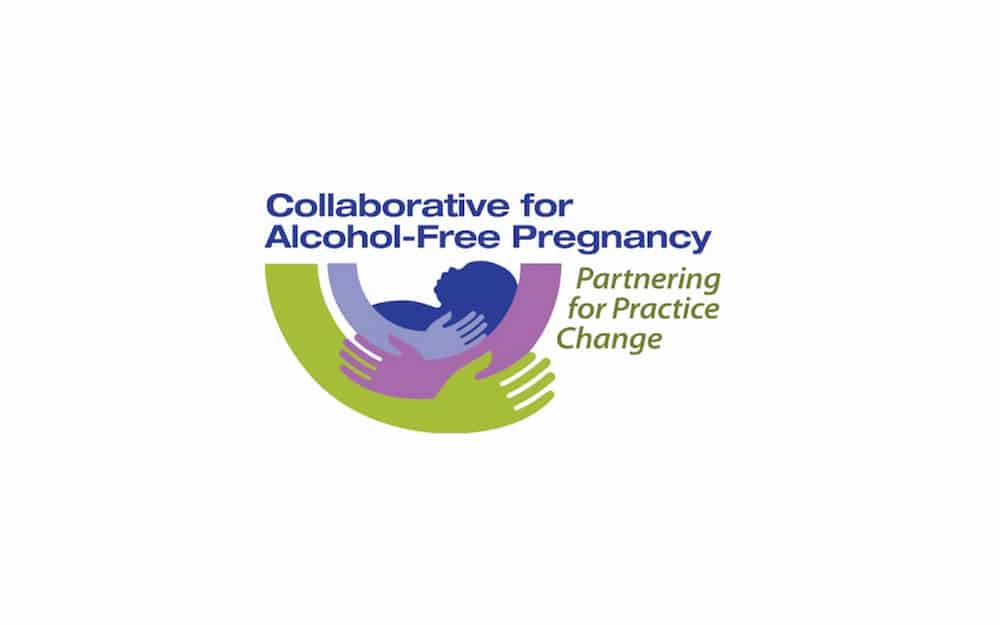A $1 million grant from the Centers for Disease Control and Prevention (CDC) will help social work researchers from the Steve Hicks School of Social Work strengthen primary prevention of fetal alcohol spectrum disorders (FASDs) in health practice.
High-risk and binge drinking rates among U.S. women have increased significantly over recent years, with one in 10 women now drinking at excessive levels linked to alcohol-related health risks, injuries and chronic conditions. At the same time, up to five percent of U.S. school children are living with the effects of fetal alcohol spectrum disorders (FASDs), a group of permanent — yet preventable—neurodevelopmental impairments and birth defects caused by prenatal alcohol exposure. The patterns of alcohol risk behaviors among women in concert with the prevalence of FASD highlight the critical public health need for a cross-discipline approach to reducing risky alcohol use, preventing alcohol-exposed pregnancy, and reducing the prevalence of FASD.
As front line members of clinical teams serving women of reproductive age, social workers are positioned to take on a significant role in primary prevention of alcohol-exposed pregnancies. The Steve Hicks School of Social Work’s Health Behavior Research and Training Institute has partnered with the National Association of Social Workers to represent social work practice in a new CDC cross-discipline initiative to strengthen primary prevention in health practice. As leader of the social work team, the institute will develop and implement activities and work-products to inform and educate social workers about risky alcohol use; promote the use of research-based interventions to screen for alcohol use as a routine part of care; and promote science-based messaging, clinical guidelines, and continuing education resources related to behavioral interventions to reduce alcohol-exposed pregnancies.


